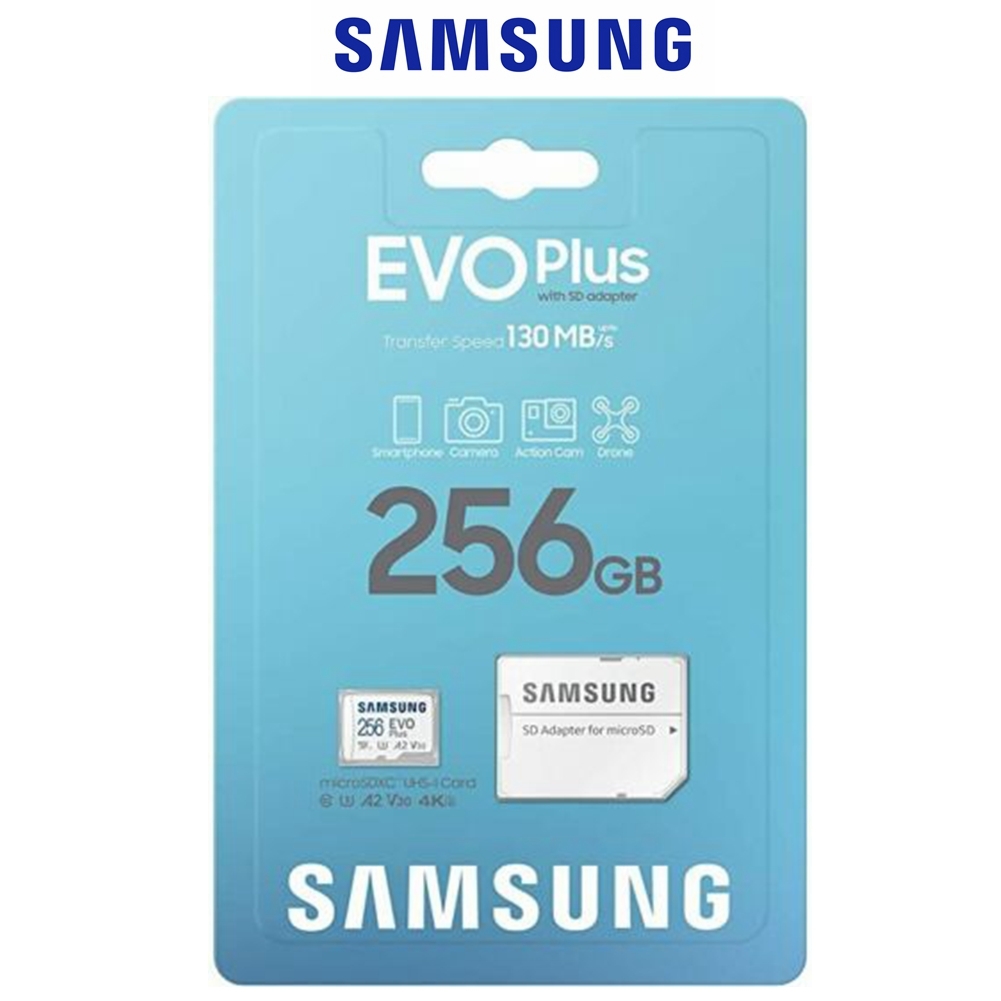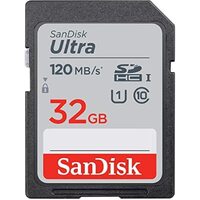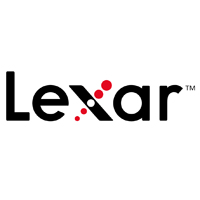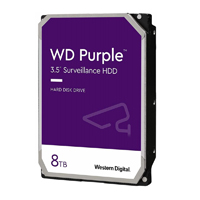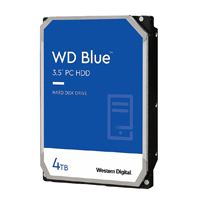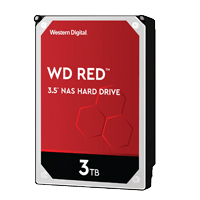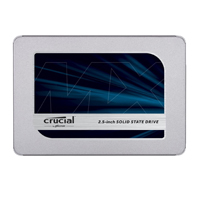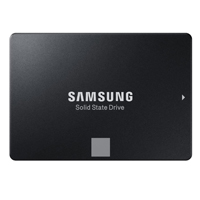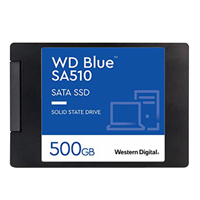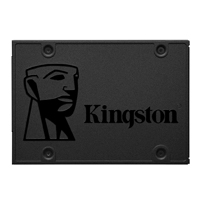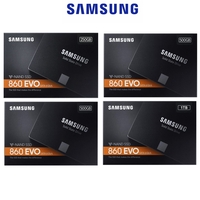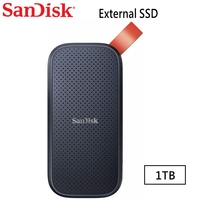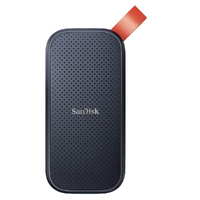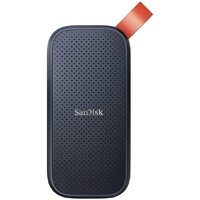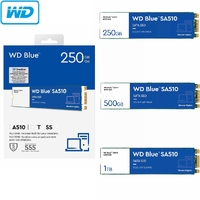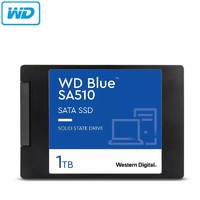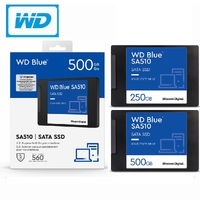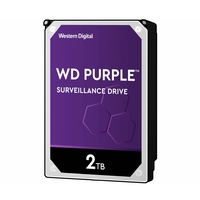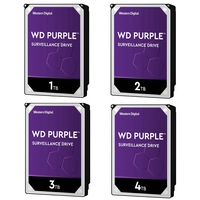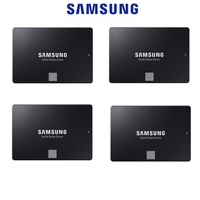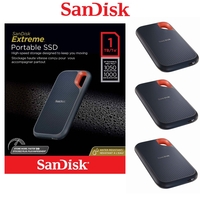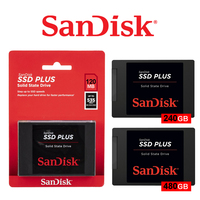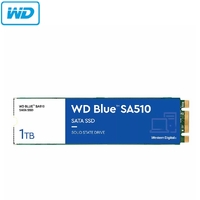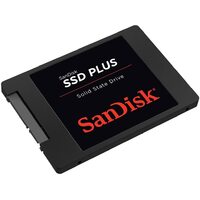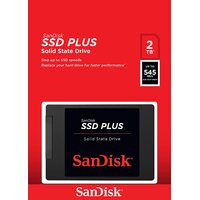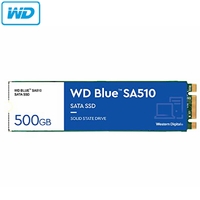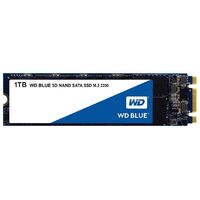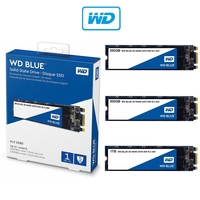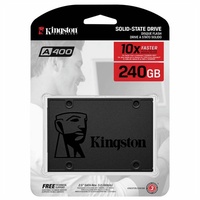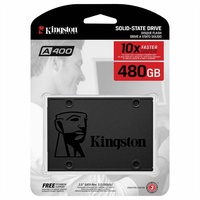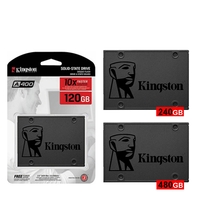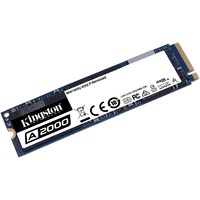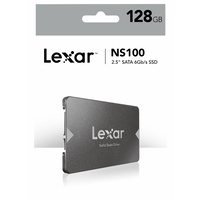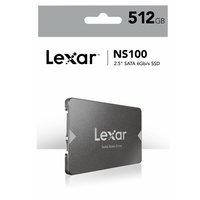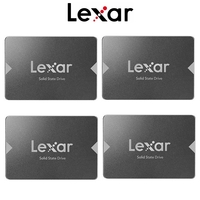Solid State Drive (SSD)
- Filter By Brand
- Lexar (3)
- Crucial (17)
- Kingston (4)
- PNY (3)
- Samsung (18)
- SanDisk (20)
- Synology (1)
- Western Digital (62)
-
Filter By Category
- SSD Hard Drive (207)
- 1TB SSD/HDD (24)
- 250GB SSD (15)
- 2TB SSD/HDD (15)
- 3TB HDD (2)
- 4TB HDD (6)
- 500GB SSD (23)
- 8TB HDD (4)
- Crucial SSD (12)
- Kingston - SSD Hard Drive (4)
- Lexar - SDD Hard Drive (3)
- Samsung - SSD Hard Drive (18)
- Sandisk - SSD Hard Drive (20)
- Western Digital - SSD Hard Drive (61)
- Filter By Model
- 860 EVO
- A400
- SSD Plus
- Ultra 3D SSD
- WD Green
- Filter By Storage Capacity
- 6TB
- 8TB
- 960GB
- 4TB
- 3TB
- 2TB
- 1TB
- 500GB
- 480GB
- 240GB
- 120GB
- 512GB
- 250GB
- 128GB
Due to their impressive speed, durability, and reliable performance, quality SSD drives are trusted by tech enthusiasts and everyday users alike. Whether you’re upgrading your laptop, need external backups, or are building a high-performance gaming setup, a solid-state drive delivers. SSDs are engineered for seamless data transfers and dependable storage. With rapid read/write speeds and shock-resistant design, these drives are built to handle today’s digital lifestyle.
- Filter By Brand
- Lexar (3)
- Crucial (17)
- Kingston (4)
- PNY (3)
- Samsung (18)
- SanDisk (20)
- Synology (1)
- Western Digital (62)
-
Filter By Category
- SSD Hard Drive (207)
- 1TB SSD/HDD (24)
- 250GB SSD (15)
- 2TB SSD/HDD (15)
- 3TB HDD (2)
- 4TB HDD (6)
- 500GB SSD (23)
- 8TB HDD (4)
- Crucial SSD (12)
- Kingston - SSD Hard Drive (4)
- Lexar - SDD Hard Drive (3)
- Samsung - SSD Hard Drive (18)
- Sandisk - SSD Hard Drive (20)
- Western Digital - SSD Hard Drive (61)
- Filter By Model
- 860 EVO
- A400
- SSD Plus
- Ultra 3D SSD
- WD Green
- Filter By Storage Capacity
- 6TB
- 8TB
- 960GB
- 4TB
- 3TB
- 2TB
- 1TB
- 500GB
- 480GB
- 240GB
- 120GB
- 512GB
- 250GB
- 128GB
Buy SSDs under 500GB and over 512GB through Flash Trend. For example, you can get an SSD 1TB and an SSD 2TB. We offer internal and external SSDs, SATA and NVMe SSDs, as well as M.2 SSDs. We have SSDs under $150, with prices starting at $23.95.
All our SSDs are 100% genuine, brand-new, and with full warranties. We deliver SSDs across Australia within 1 business day with express shipping and 2-6 business days with standard shipping. Get the best SSDs in Australia soon.
Types of SSDs We Offer
At Flash Trend, we offer Sata, NVMe, and M.2 SSDs to suit a variety of devices and performance requirements. A Sata SSD drive is ideal for upgrades, while NVMe and M.2 models deliver ultra-fast speeds. Shop top brands like Kingston, Samsung, and Crucial for a sleek gaming experience, enhanced productivity, and high-speed data transfer.
Frequently Asked Questions
These are answers to some of the most common questions we get from our customers regarding SSDs:
While traditional hard drives use spinning disks, Solid State Drives (SSDs) use flash memory for data storage. This difference results in SSDs having faster data access times, increased durability, and overall improved performance.
Compared to Hard Disk Drives (HDDs), SSDs can read and write data at significantly faster rates. This means you get quicker boot times, faster application launches, and an overall snappier computing experience with SSDs. They are also more durable and energy-efficient than HDDs since they don’t have moving parts.
Not all SSDs are the same. There are different types of SSDs, with speed being the primary difference among them. NVMe SSDs and PCIe SSDs have faster speeds than SATA SSDs. However, SATA SSDs still offer higher speeds than traditional HDDs. Both NVMe and PCIe SSDs use the PCIe interface while SATA SSDs connect via the SATA port. Discuss your specific needs with the Flash Trend team and we’ll find the right type of SSD for you.
Yes, upgrading your existing computer with an SSD is a common and effective way to breathe new life into an older system. Your existing computer will likely have an available slot for you to insert the SSD. Once you’ve inserted the SSD into an available slot, clone the data of the existing computer’s hard drive onto the SSD. Upgrading your existing computer this way can significantly boost its performance, making it feel as though you’re using a brand-new computer.
If you mostly use your computer for browsing, email, and document editing, you need a storage capacity of 256GB or 512GB in an SSD. But if you use your computer for gaming, content creation, and professional applications, you need a storage capacity of at least 1TB in an SSD. In general, basic tasks require a smaller storage capacity in an SSD while complex activities require a larger storage capacity in an SSD.
SSDs have a limited lifespan like most objects in the world. But given the typical lifespan of computers, the lifespan of SSDs is unlikely to cause you any issue or concern while using them for your computers. Though SSDs don’t have an endless number of write cycles (their lifespan is measured in terabytes written or TBW), SSDs still last for many years even with heavy use.
Yes, you can use an SSD for external storage. An SSD for external storage is called an external SSD. It’s a popular choice among those who need fast and portable storage. An external SSD has the same advantages as an internal SSD, such as durability and speed. You can even use external SSDs for tasks that need high-speed transfer (such as video editing on the go) if you connect through USB-C or Thunderbolt.
Yes, SSDs are compatible with gaming consoles. Many gaming consoles support external SSDs for faster game loading times and expanded storage. You just have to check your gaming console’s specifications and SSD compatibility to ensure the best experience.
No, SSDs do not require special maintenance. In fact, SSDs are known for their low maintenance requirements. All you need to do is regularly update the firmware of SSDs so that you continue to have optimal performance and security. Since SSDs don’t have moving parts, you don’t need to organise data in a specific way (i.e., defragmentation).
To format a solid state drive, connect it to your computer, open “Disk Management” (Windows) or “Disk Utility” (Mac), select the drive and choose “Format”. Choose a file system like NTFS or exFAT. Use manufacturer software for advanced options.
To clear an SSD drive securely and completely, use manufacturer tools like Samsung Magician or Kingston SSD Manager. These offer secure erase functions that will permanently wipe the data. Always use dedicated software as standard formatting isn’t enough.
If your SSD isn’t appearing on your PC, check the connection to ensure it’s plugged in properly. It may need to be initialised in “Disk Management”. Outdated drivers and BIOS settings can also cause issues. Update them and restart your computer.
Contact Flash Trend
Complete our email enquiry form, call us at 02 8959 8446, or email us at sales@flashtrend.com.au. We’ll get back to you as soon as we can.


